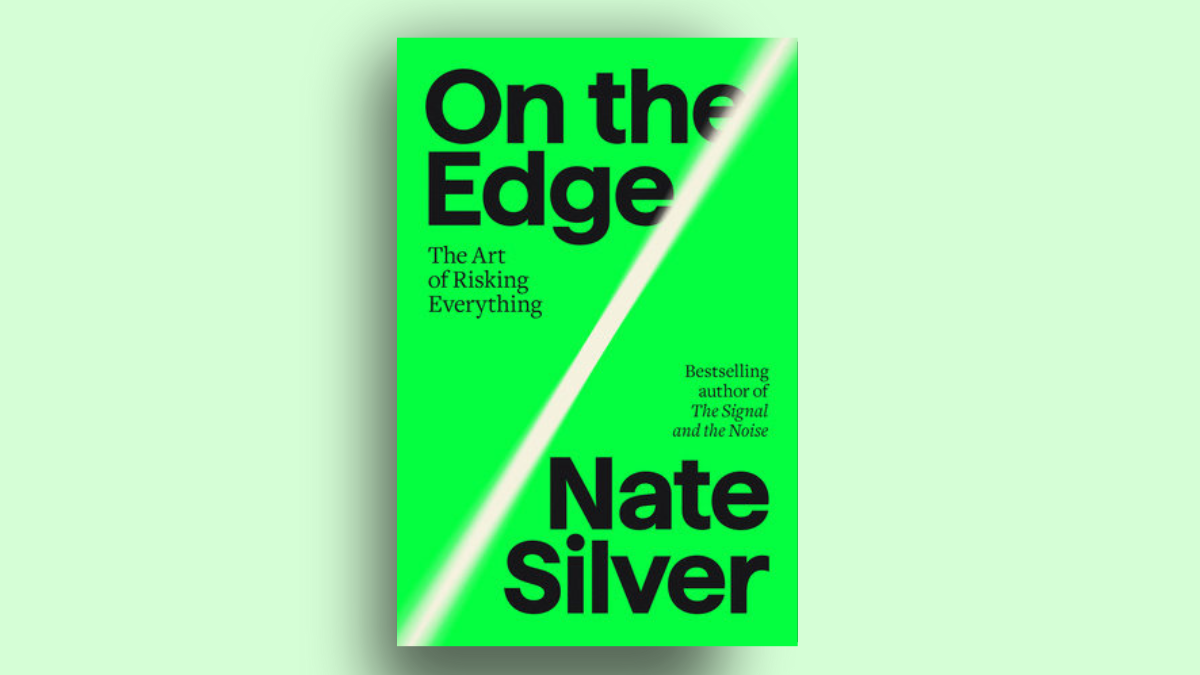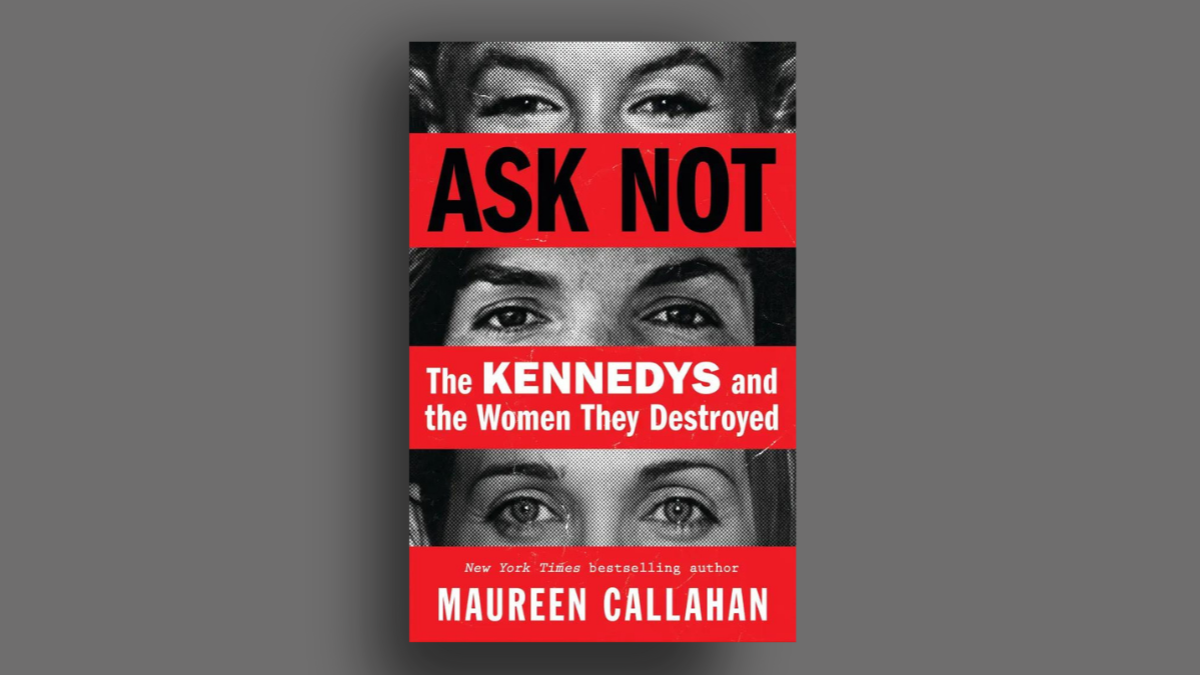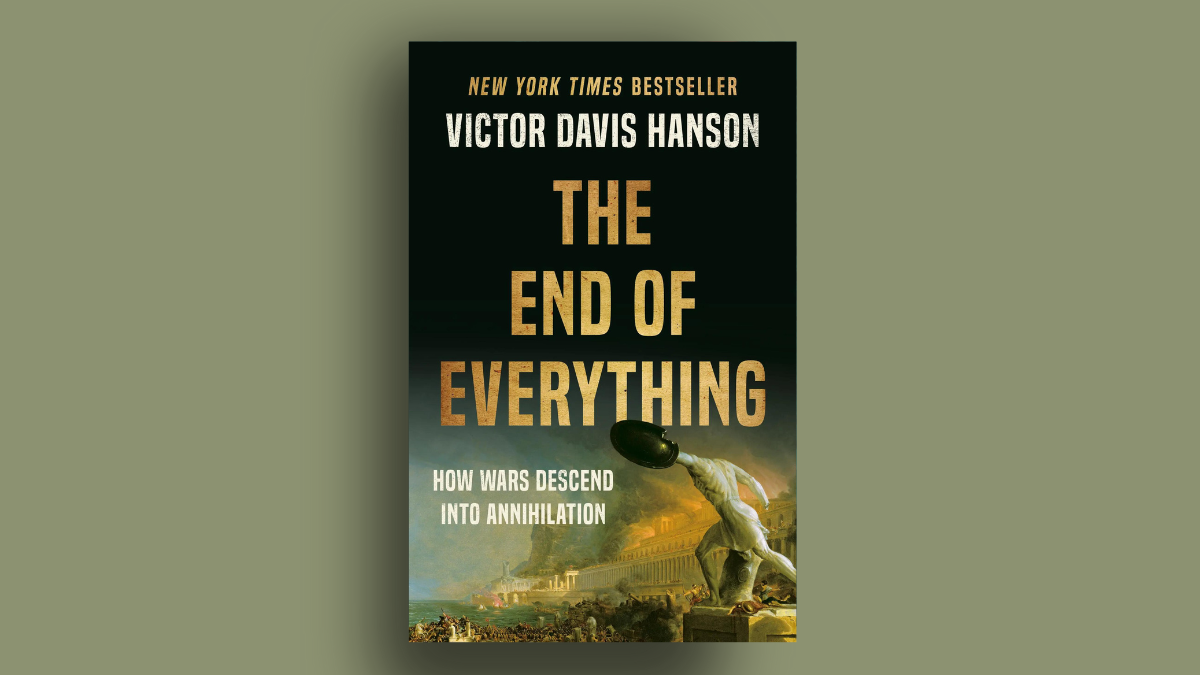
Woody Allen’s new autobiography, “Apropos of Nothing,” calls to mind a comment movie director Billy Wilder once made about Charlie Chaplin. Wilder noted that when Chaplin’s silent film tramp character began to speak, what came out of the character’s mouth was “childish,” even “stupid.”
Wilder was referencing Chaplin’s Stalinist politics, but he was also noting how Chaplin believed the hype he was a genius. Both of these aspects—simple-minded platitudes pronounced from on-high—marred Chaplin’s subsequent films. If one thinks of Woody Allen as a genius, then the same cannot be applied.
Most of the time Allen is fairly astute politically. At the height of the Fidel Castro craze among the New Left in the early 1970s, Allen had a Castro-like character become a dictator after a successful revolution in the film “Bananas.” He is sophisticated enough to omit from this autobiography the same kind of film Chaplin would have praised: “The Front” (1976), a film Allen starred in that depicted black-listed Stalinists as civil libertarians.
Of his cinematic output, Allen has none of Chaplin’s delusions of godhood. The Allen that emerges in this autobiography is refreshingly self-deprecating. Against the praise of his admirers, Allen, who knows his stuff when making a joke about Gertrude Stein or Franz Kafka, eschews the intellectual tag: he calls himself “illiterate and uninterested in all things scholarly.”
He also sees his work as near-misses at best: “For students of cinema, I have nothing of value to offer. My filming habits are lazy, undisciplined, the technique of a failed, ejected film major. My biggest regret? Only that I have been given millions to make movies, total artistic control, and I never made a great film.”
Instead, Allen presents himself as worlds away from his screen persona of a hopelessly neurotic, oversexed failure with women and an all-around coward. He assures readers that he is a typical beer-belching sports fan, who is no mere armchair athlete but good at the sports he watches.
But, as befits this image, Allen has a primitive view of women. In recounting the women he has worked with, Allen focuses almost exclusively on their eroticism. Scarlett Johansson is erotically “radioactive,” ”and actress Lea Sydoux is a “ten plus.” His co-star in “Manhattan,” Mariel Hemingway, is an “athletic blond goddess” (that she was 17 at the time doesn’t help his case against later accusations that he prefers underage girls).
Throughout the book, Allen brags about his sexual conquests. He notes proudly how he not only slept with frequent co-star Diane Keaton but also both of her sisters: “Good genes in that family. Award-winning protoplasm. Great-looking mother.”
While filming “Casino Royale” in 1967 London, Allen informs readers of his success when cruising the London streets. “One could stroll on the King’s Road and pick up the most adorable birds in their mini-skirts.” Of his then-companion and future bete noire Mia Farrow, he declares she was “ripe for the plucking.”
In this aspect, Allen is his film image. Throughout his films, women are depicted as sex objects who praise Allen’s sexual prowess. Thus, when Allen denounces what he calls the “MeToo Zealots,” one gets the impression this doesn’t just come from being burned by Farrow.
Allen is at his best when he stays off the subject of women and focuses on his Brooklyn upbringing and rise from comedy writer to film director. Here his wit is on full display. Of his frequently quarreling parents, he hilariously writes that they “disagreed on every issue expect Hitler and my report cards.”
As a writer for Sid Caeser, Allen does a nice bit in recreating the atmosphere of 1950s live-comedy television shows, and of the 1960s when he embarked on a second career as a stand-up comedian. But he becomes shrill on the subject of Farrow and his affair with a step-daughter and eventual wife Soon-Yi Previn.
Predictably, Farrow is depicted as a vengeful shrew, a hypocrite who verbally abused the children and slept with son Ronan in the nude until he was 11 and pressured him into having his legs broken to increase his height after he graduated from law school.
Of his continuing relationship with Previn, Allen helpfully confirms what many suspected all along: he remains with her because she caters to his every need.
Those aware of Allen’s hilarious writings for The New Yorker in the 1970s will be disappointed. He is still as witty and funny as Groucho Marx. But his shrillness and retrograde views of women—let’s be honest, misogyny—cancel out the humor.
He is so passionate in his categorization of women either as swooning sex objects or spurned shrews that he aids the Farrow faction. A good lawyer would have told him not to write of how he and Previn “couldn’t keep hands off each other” at the time of the affair. At 84, he remains in the locker room of his youth.









